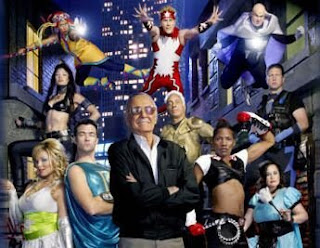
Read this book, Baboon Metaphysics.
It’s a detailed study of baboon social behavior in the wild. Baboons live in large groups of up to 100 individuals. They are constantly vocalizing and each baboon can recognize the voice of each individual in the group. Baboons know all the time how each member of the group is feeling. They have a strict social hierarchy that is distinct for males and females. Male dominance is based on strength and changes over time; female dominance is based on birth family. Males recognize and protect their own offspring.
What I found most fascinating about this book is not just how complex baboon social structure is but how lacking they are in self-awareness. Baboons so not empathize. They are unable to comprehend others feeling differently from their own feelings. This can lead to what seems like very strange behavior. A mother will swim across a river unaware that the infant clinging to her belly can not breathe. Calls of lost baboons will be answered by other lost baboons but not by baboons who are not lost.
There is something very unique about human self-awareness and empathy. Its location in the brain is being discovered. It develops rapidly about age 4. It does not exist in baboons.



